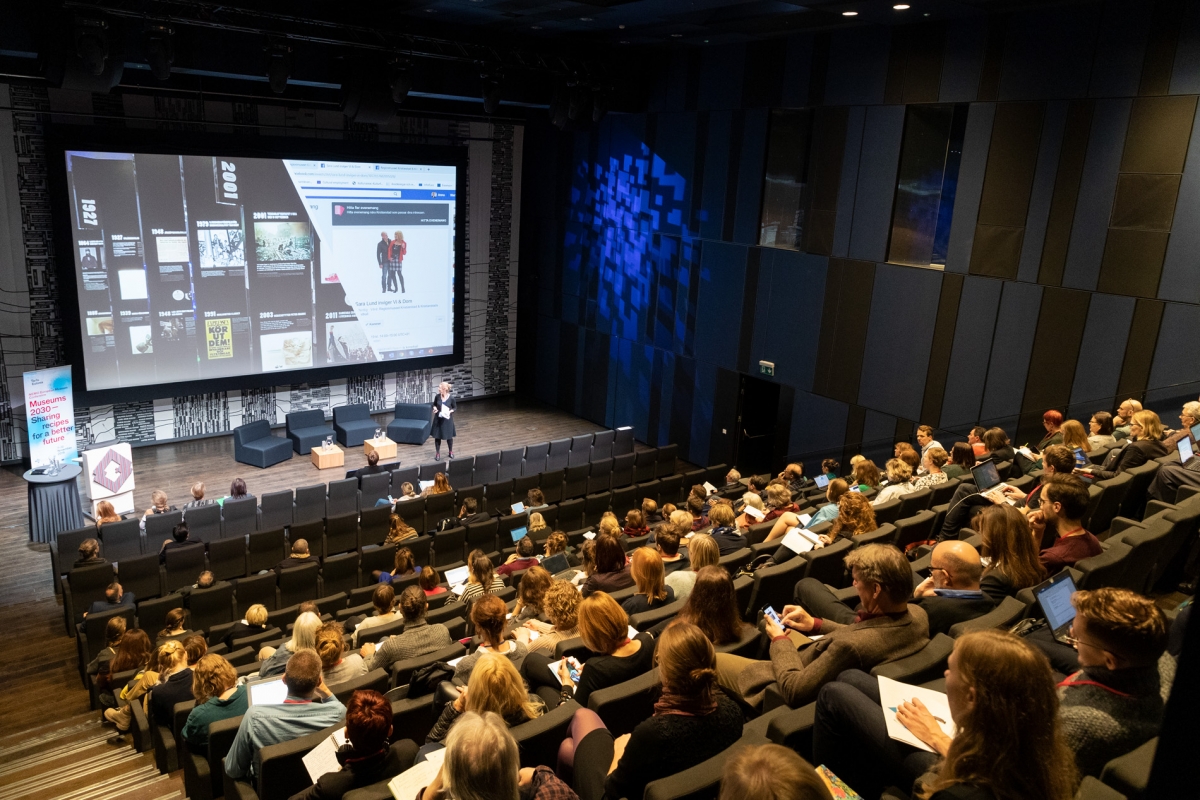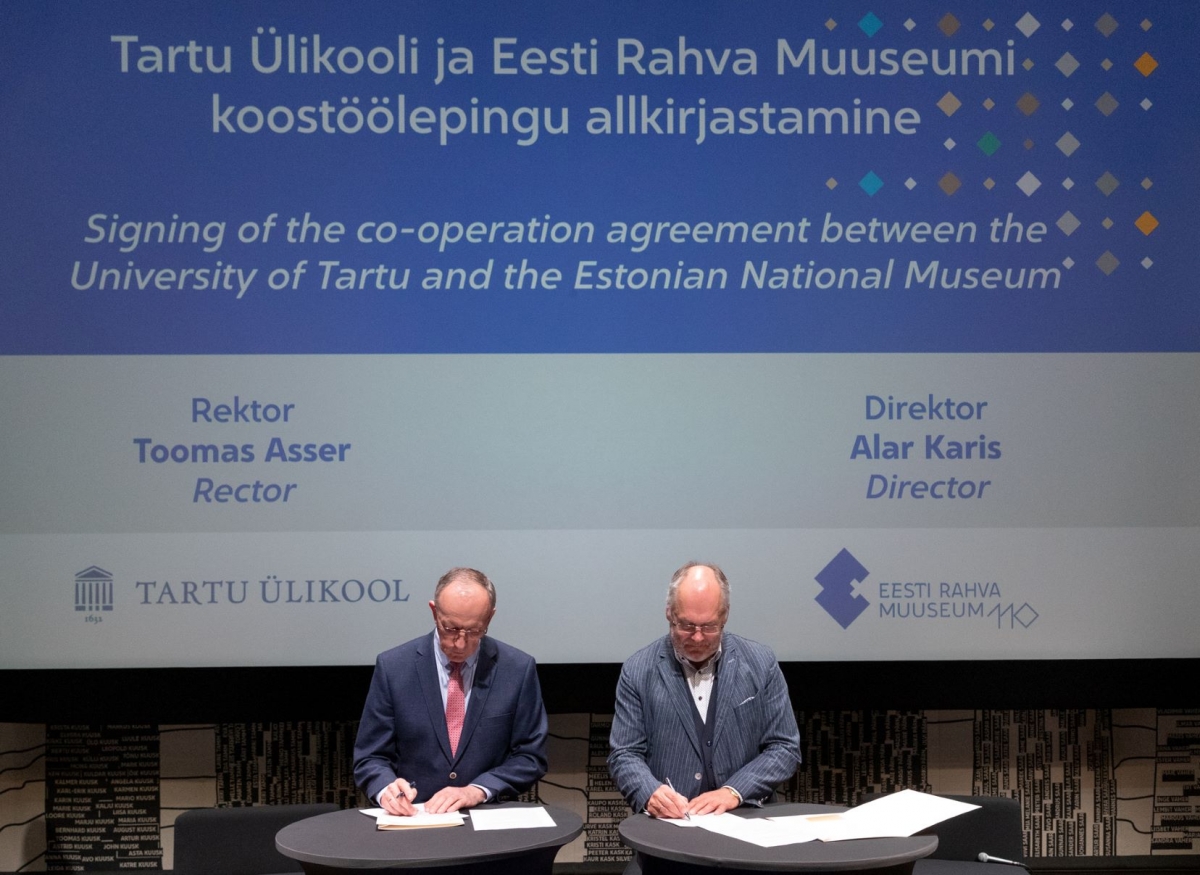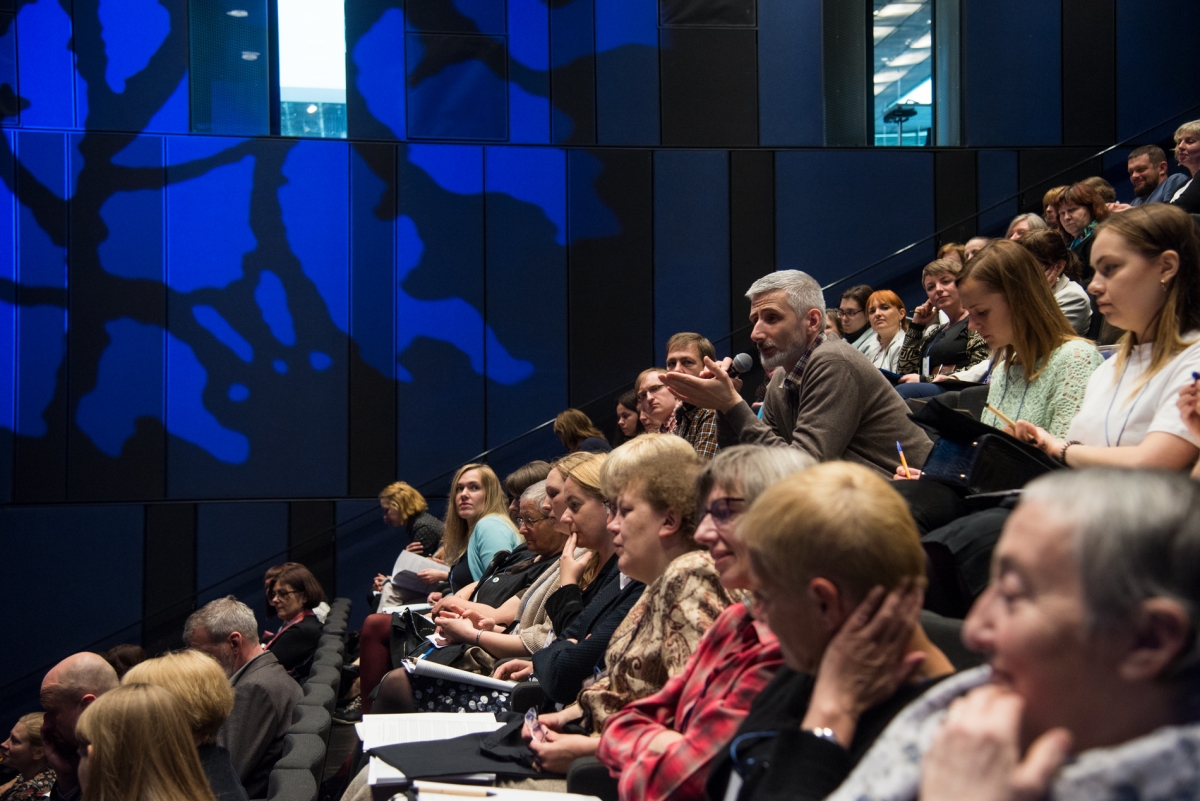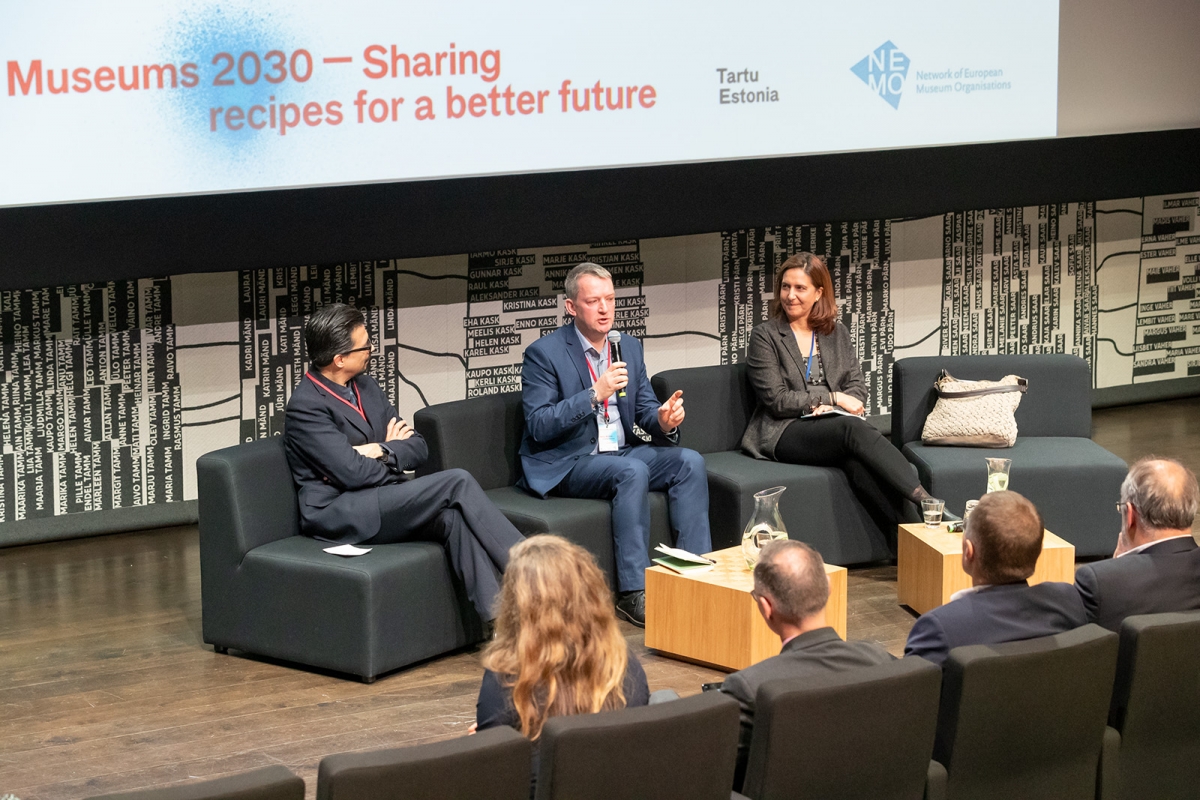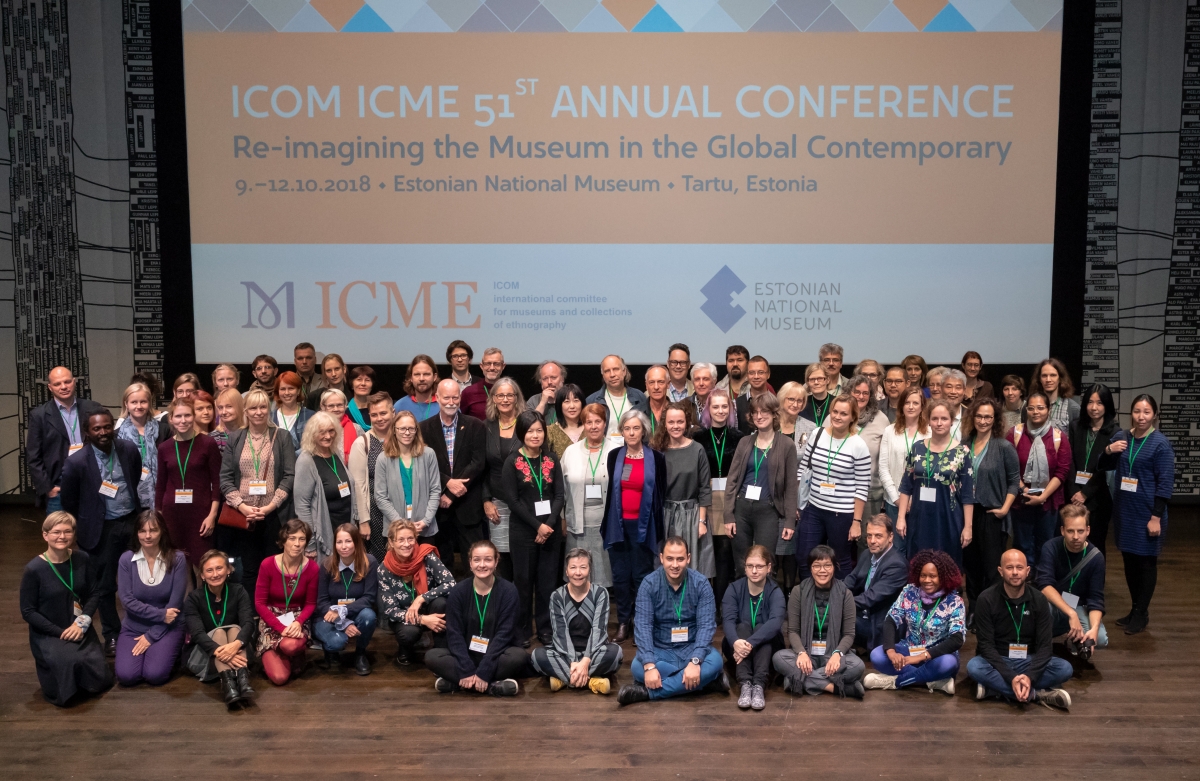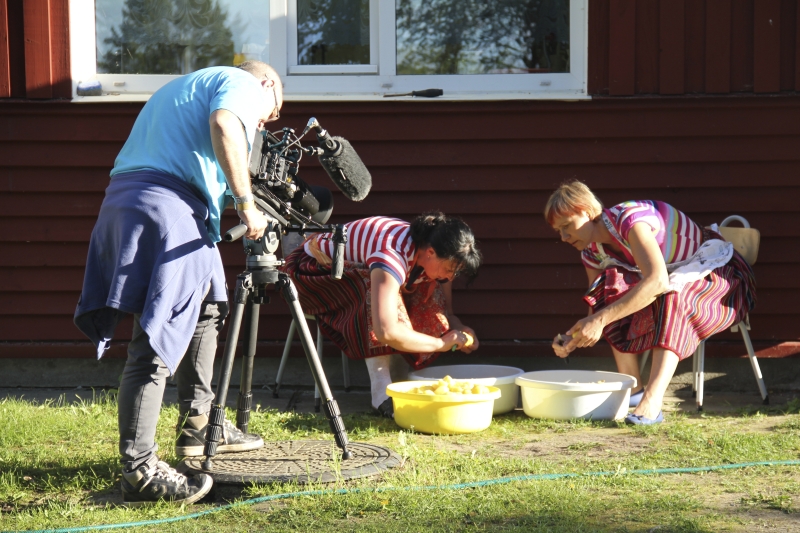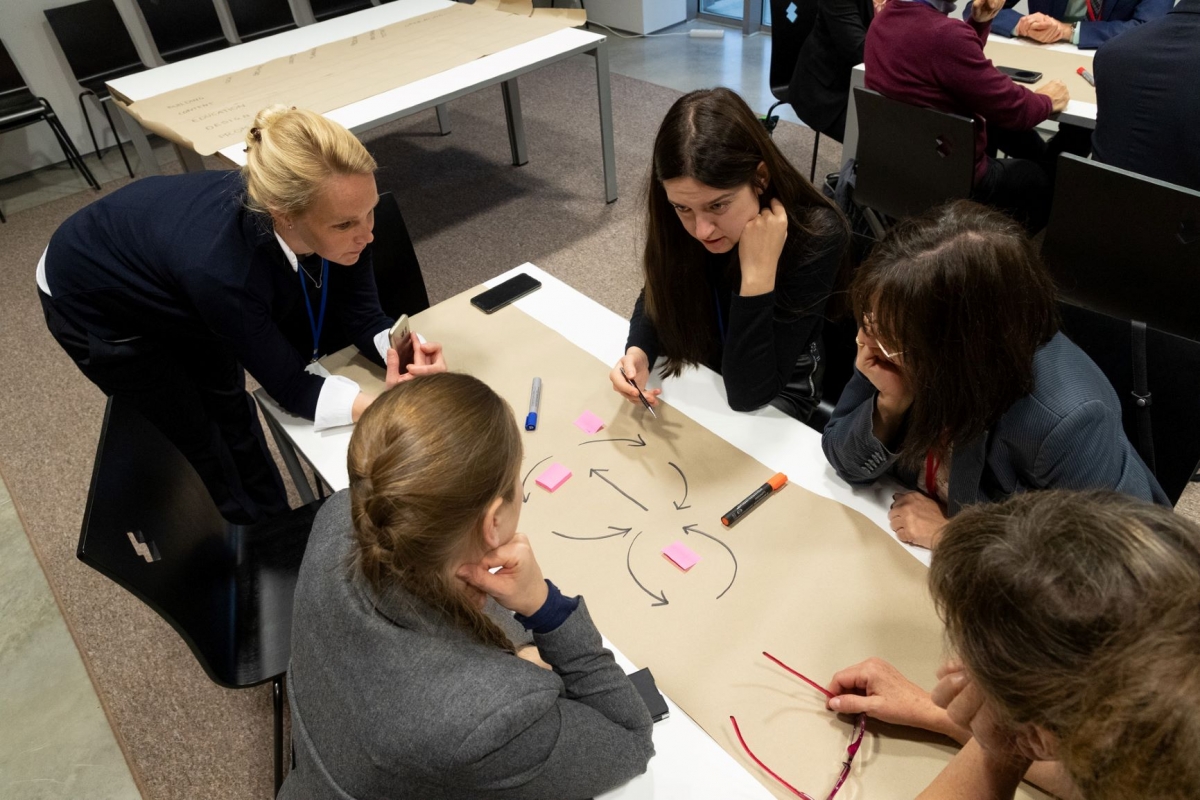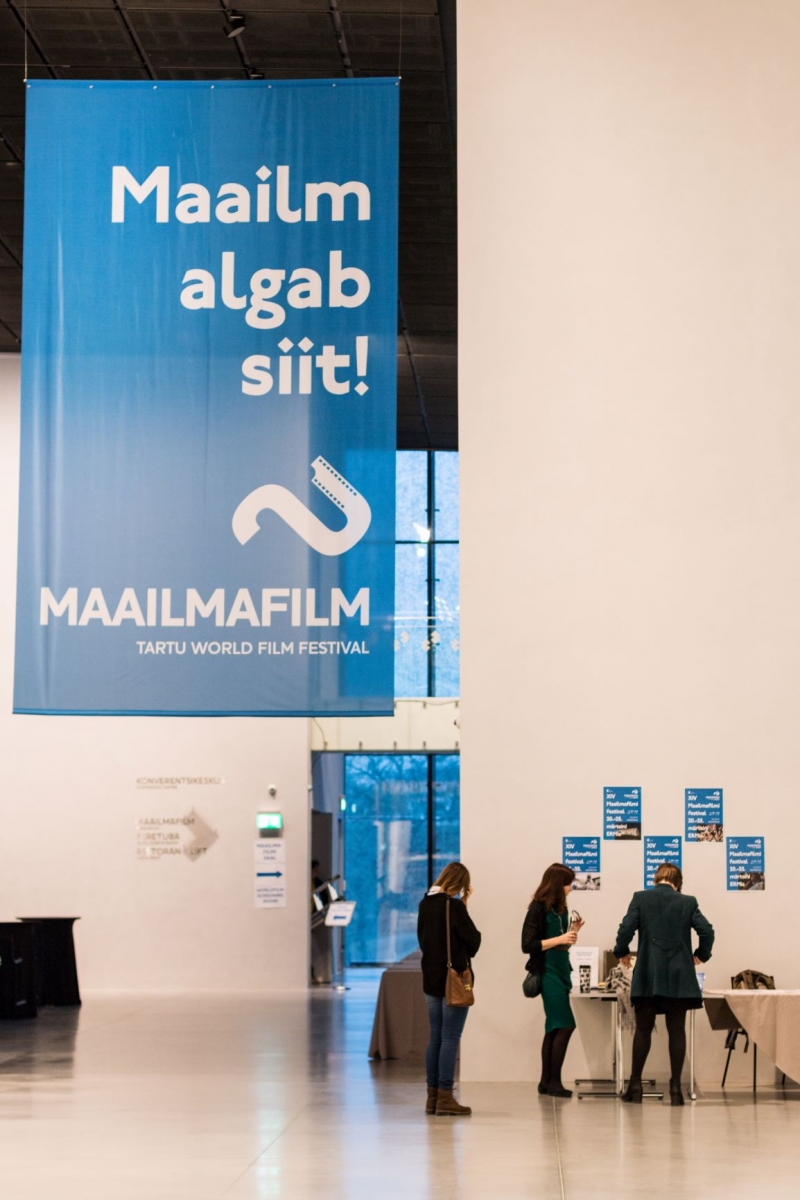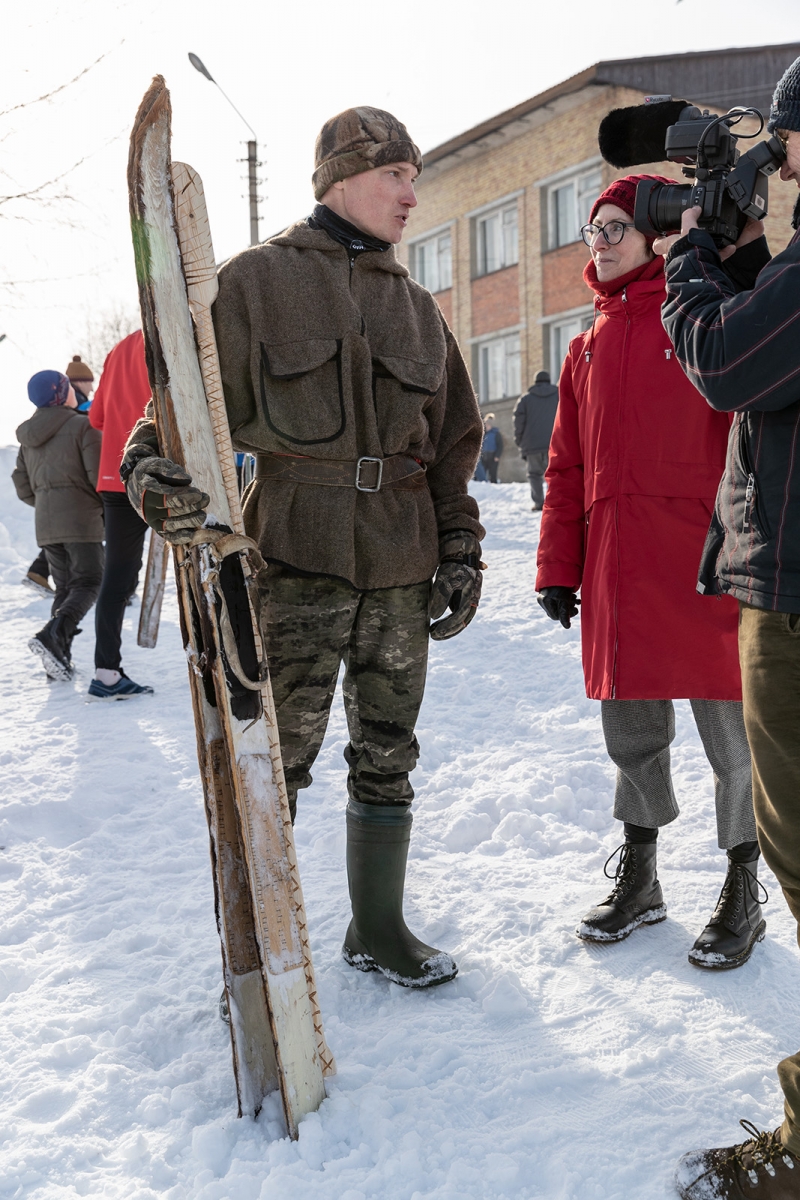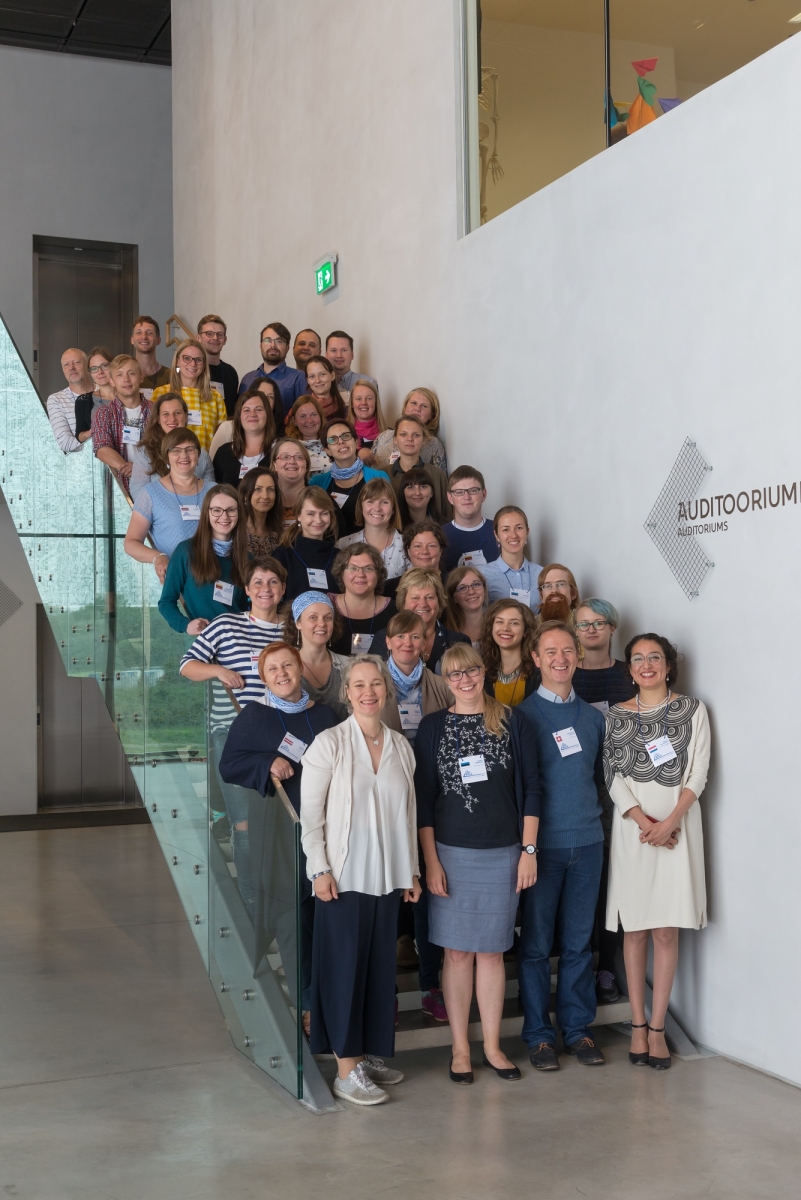Research
Research and development activities of the Estonian National Museum, 2023-2027
Main research areas
When outlining its main research strands, the Estonian National Museum seeks to consider a growing need in society to interpret contemporary sociocultural processes and changes in a historical as well as a global and cultural/theoretical context. As in cultural sciences at large, we feel an increasing responsibility to contribute to the cultural, social, economic, and ecological sustainability of society through both basic and applied research.
The Estonian National Museum is an ethnological research center with a long scholarly tradition. In addition to its international research, the museum plays a unique cultural and social role in Estonia, presenting its research results to the public through exhibitions, Estonian-language scholarly and popular science publications, educational programmes, and information centers of folk culture. The ENM’s academic activities combine research and museum work. The museum’s research activities focus on the use of its collections, while another strategic part of its research efforts concerns the growth of the museum collections and exhibition activities.
In accordance with the ENM’s statutory objectives, a special feature of the museum as a research institution is its direct contact with the general public. Largely owing to its collections, broad-based educational activities and open communication with audiences, the museum has advantages over other research and development institutions when addressing the public, receiving feedback, and becoming aware of the needs of the public as it offers analyses on cultural changes.
Considering the requirement of methodological heterogeneity in the study of culture, the museum's research is thematically diverse as it covers various fields and sub-cultures of Estonian culture and Finno-Ugric cultures and applies both historical and contemporary perspectives. As a national museum, the ENM studies and documents Estonia's cultural identity and regional cultural diversity as well as the forms of material and spiritual culture characteristic of the country. It likewise analyzes cultural changes and cultural influences in a local and a global context.
The ENM studies and advises enterprises, tourism developers, identity policy makers, creative people and practitioners of folk culture who use cultural heritage and interpret it as a cultural resource. The ENM provides expertise in addressing societal and cultural challenges (balanced regional development, ethnic relations, sustainable lifestyle practices, etc.).
Being a museum, the central output of the ENM is exhibition activities. The exhibitions curated by the museum’s research staff are based on the original research of the museum's scholars and their academic partners, and they are informed by the main research strands of the ENM.
The ENM’s research is divided into two main areas: Estonian and Finno-Ugric ethnology and museology, which serve as a basis for sectoral consultancy activities. The nature of research problems also presupposes cross-sectoral, cross-institutional and cross-border cooperation.
